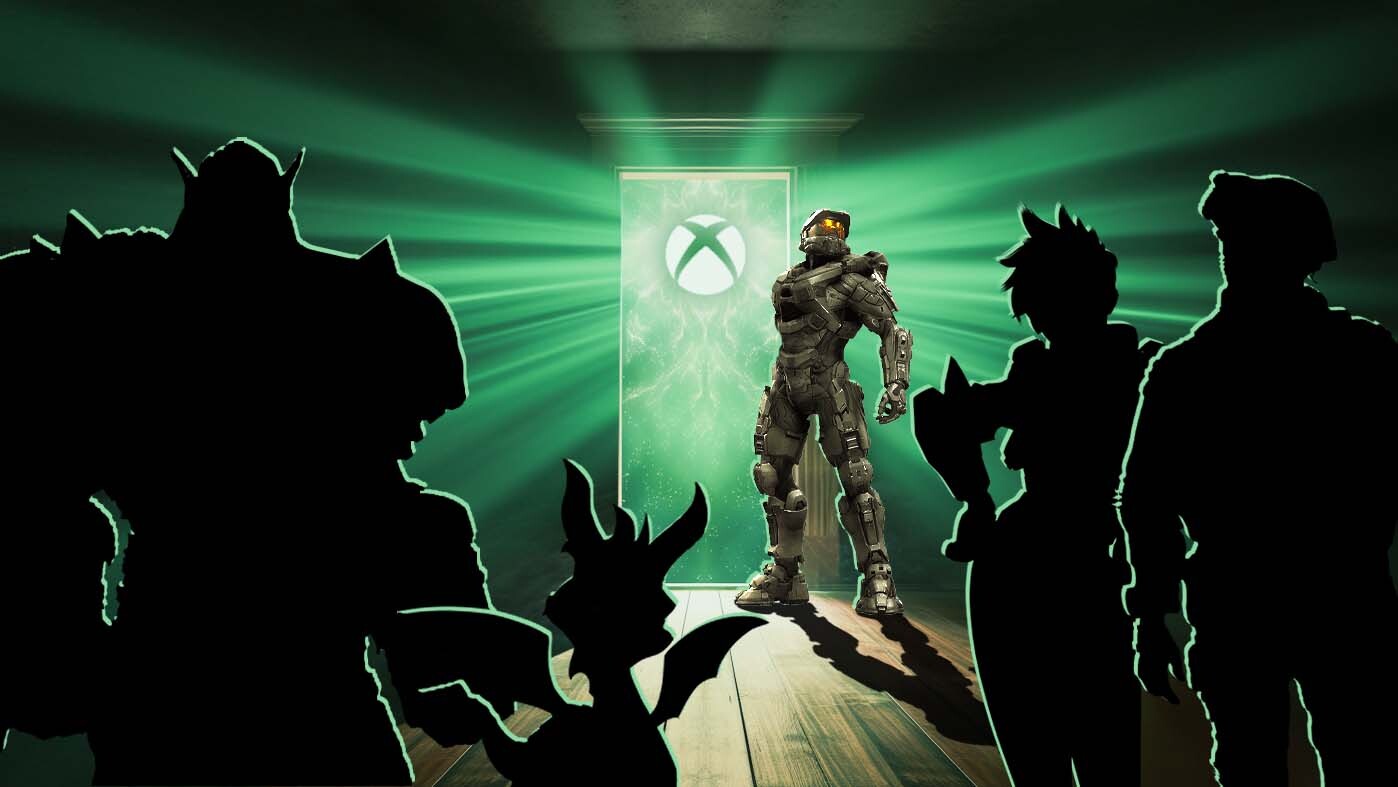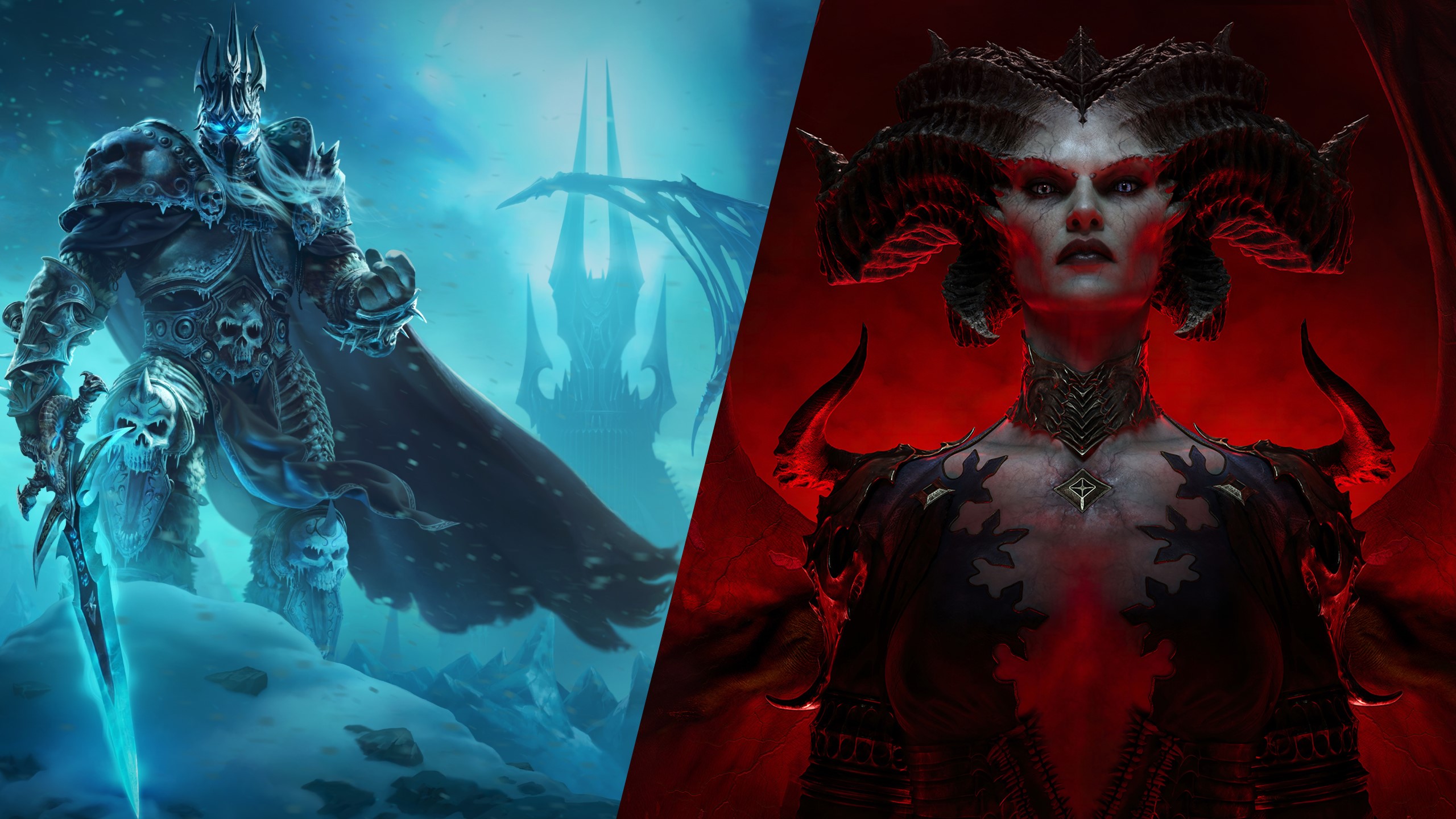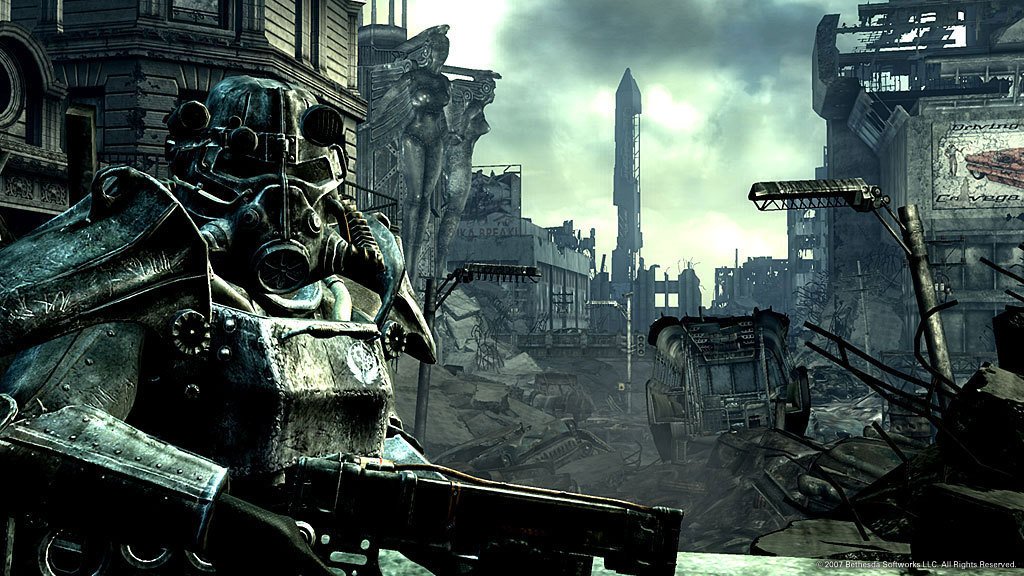Microsoft's Activision Blizzard deal for Xbox is now officially done
Call of Duty, Diablo, World of Warcraft, and more belong to Xbox.

All the latest news, reviews, and guides for Windows and Xbox diehards.
You are now subscribed
Your newsletter sign-up was successful
What you need to know
- Microsoft first announced its intent to acquire Activision Blizzard for almost $69 billion on Jan. 18, 2022.
- The deal went through 20 months of regulatory scrutiny, with deals being struck around access for Call of Duty and pushback in a number of countries.
- Microsoft has officially closed the Activision Blizzard deal for Xbox.
- The companies are now able to begin integrating Activision Blizzard into the Xbox first-party groups.
At long last, through trials and tribulations, the epic saga of Microsoft attempting to acquire Activision Blizzard for Xbox has come to an end.
Microsoft closed the deal on Friday, purchasing Activision Blizzard King for almost $69 billion and adding the publisher to the Xbox first-party roster. This deal was first announced back on Jan. 18, 2022, and has taken almost 20 months to the day to complete.
Activision Blizzard King consists of multiple game development studios across the Activision Publishing, Blizzard Entertainment, and King publishing labels. These studios include developers such as Infinity Ward, Treyarch, Raven Software, High Moon, and many, many more. The deal adds franchises like Call of Duty, Diablo, StarCraft, World of Warcraft, and more to the existing lineup of Xbox first-party IP such as Halo, Dishonored, The Elder Scrolls, and Gears of War.
The purchase was hard-fought, with PlayStation publicly pushing against the merger even as Sony Interactive Entertainment CEO Jim Ryan privately noted that PlayStation would be "more than OK" if the deal went ahead.
While many countries around the world approved the deal without concessions, including Brazil, Japan, and South Korea, the FTC in the U.S. and the CMA in the U.K. provided major opposition to the purchase, with the former filing suit to stop the deal and the latter officially blocking the merger over concerns regarding Cloud gaming.
The European Commission also had concerns, but worked with Microsoft to gain concessions around Cloud gaming and approved the deal.
The fight for the merger hit new heights with a court hearing in June 2023 with the FTC vs. Microsoft. After five days of cross-examination and closing arguments, Judge Corley denied the preliminary injunction sought by the FTC, allowing Microsoft to close the deal in the U.S. in just a few days.
All the latest news, reviews, and guides for Windows and Xbox diehards.
The FTC appealed the decision, seeking injunctive relief to block the acquisition, with the Ninth Circuit Court of Appeals denying the injunctive relief. The CMA then re-entered negotiations with Microsoft, with both parties agreeing to halt the appeal in progress. On July 17, 2023, Microsoft Gaming CEO Phil Spencer confirmed that Sony had signed a deal to keep Call of Duty on PlayStation for the next 10 years.
Following this deal, Microsoft agreed to sell off the rights to Activision Blizzard games for Cloud gaming to Ubisoft, with the Cloud rights for any games developed at Activision Blizzard over the next 15 years belonging to the Assassin's Creed publisher. The CMA found these terms agreeable, and approved the deal.
Microsoft posted the following video in celebration of the news, welcoming Activision Blizzard to the existing first-party family of Xbox Game Studios and Bethesda Softworks:
Analysis: For many, now the real work can begin.
Finally.
In all seriousness, this has been one of the longest-running stories in gaming from the last few years. The epic saga had many, many interesting reveals, with details that we usually don't get from behind closed doors on just how gaming companies work. I still don't blame anyone for just feeling relief that it's finally done though.
There will still be drama in the weeks and months ahead, as right now the FTC is still planning to bring a case against Microsoft within the FTC's in-house court. That said, it's hard to imagine this amounting to much, with the FTC having already lost a preliminary injunction and then denied injunctive relief in its last-ditch effort to halt the acquisition.
I don't think every regulator has done an equally great job evaluating the purchase, but ultimately there are a number of pro-worker and pro-consumer moves coming about as a result of the deal, and that's largely in part to the scrutiny on the deal. Microsoft has committed to allowing unions so far, and I'm looking forward to seeing that continue.
There's going to be a transitional period of 60 days, and then Activision Blizzard King employees can if they choose organize with further unions under Microsoft. The tech giant has committed to this so far, but workers say it will be "groundbreaking" if they continue after the deal is done.

Samuel Tolbert is a freelance writer covering gaming news, previews, reviews, interviews and different aspects of the gaming industry, specifically focusing on Xbox and PC gaming on Windows Central. You can find him on Bluesky @samueltolbert.bsky.social.


